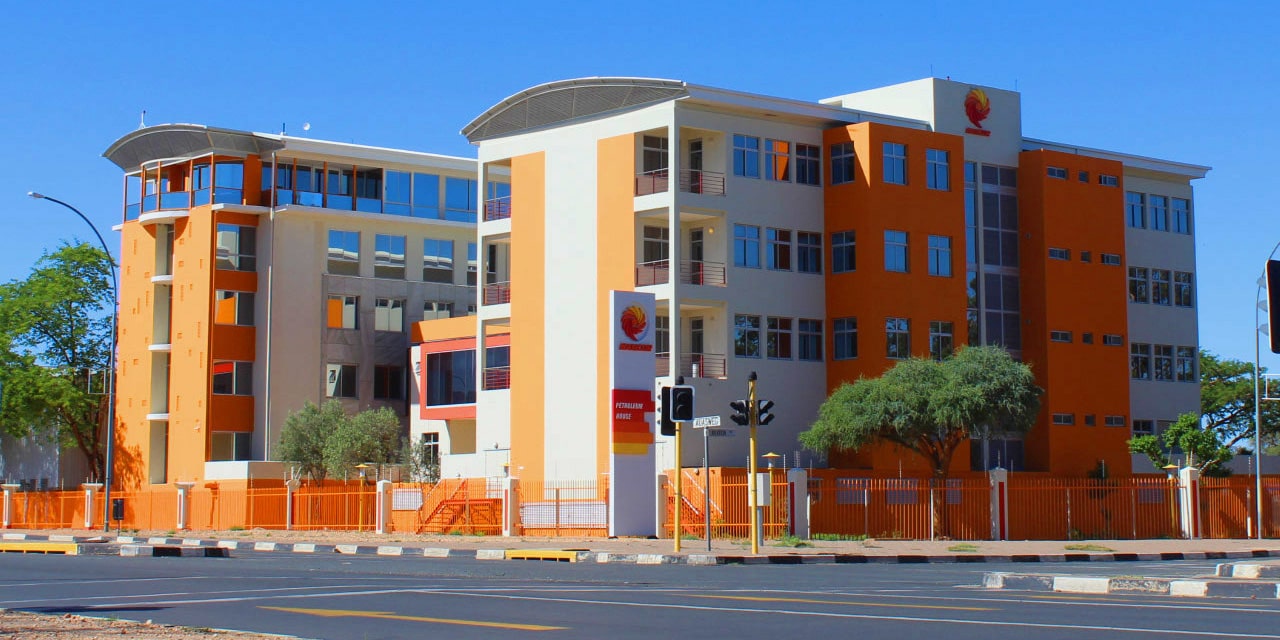Stefanus Nashama
None of the political parties’ election manifestos have addressed the topic of decriminalisation of sex work.
A sex worker is a person who provides sexual services to another, either on a regular or occasional basis, for reward.
Namibian law does not criminalise the act of engaging in sex for reward, but it does prohibit a range of related activities that surround sex work.
The practice is prevalent in many towns and is currently criminalised under the Combating of Immoral Practices Act (Act 21 of 1980) and municipal bylaws.
The Independent Patriots for Change (IPC) leader, Panduleni Itula, said while there is sanctity of the person and a right to liberty, sex work remains a minority group like so many others.
“These are the priorities we have pointed out in our manifesto, not to the exclusion but recognition of other equally pressing issues of national concern and interest,” he stressed.
Itula said prostitution is not a more pressing issue than unemployment, poverty, hunger, corruption and water scarcity, which are affecting the majority of the people.
“It must also be understood that many of these workers are exploited by pimps and many are forced by socioeconomic circumstances to disregard their dignity and integrity,” said Itula.
Itula reiterated the right to freedom of association could not be let loose without a careful appreciation of such a right, in line with the right to self-determination.
“A president takes an oath to uphold, protect, and defend the fundamental rights of all but is empowered to ensure the improvement of socioeconomic defects leading to such disregard for dignity,” he said.
To Itula, these rights substantiate the ambience decriminalisation of sex work in the IPC manifesto.
Under current legislation, it is illegal to solicit or make proposals for immoral purposes in public places, to exhibit oneself in an indecent dress or manner in public view, or in any place which is open to the public, to operate a brothel, or procure sexual services.
The law also prohibits one from assisting a male to engage in unlawful carnal intercourse with a female or from detaining a female against her will in a brothel.
Equally, the Landless People’s Movement (LPM) sees no need to support the decriminalisation of sex work.
The party’s spokesperson, Lifalaza Simataa, believes sex work can be resolved through appropriate adjustments to the overall economy, education system and facilities to uplift youth.
“As it stands, there are no strong arguments as to why it should be legalised,” he said.
Simataa said there is a need for sexual education training and access to contraceptives.
He also added that there is a need for more shelters for women and children, as well as training for health practitioners on how to conduct themselves when they encounter this demographic group.
Social worker Emilia Shigwedha said the decriminalisation of prostitution will cause damage to many lives and the country as a whole.
“Poverty is the real issue for such acts. There is no other appropriate solution than addressing the cause of the root,” she said.
Shigwedha added the act would demoralise the dignity of families and the whole society.
In 2022, Namibian sex workers for the first time joined their international counterparts in commemorating International Sex Worker Pride Day on 14 September.
They were calling on the government to recognise the work they do and to provide them with protection.
Deyonce Naris, a sex worker last year, called on the nation to stop discriminating against them.
It is estimated that there are over 10 000 sex workers in Namibia.
Questions concerning the matter were also sent to Swapo, Popular Democratic Movement (PDM), Affirmative Repositioning (AR), and NUDO, and they did not respond.




